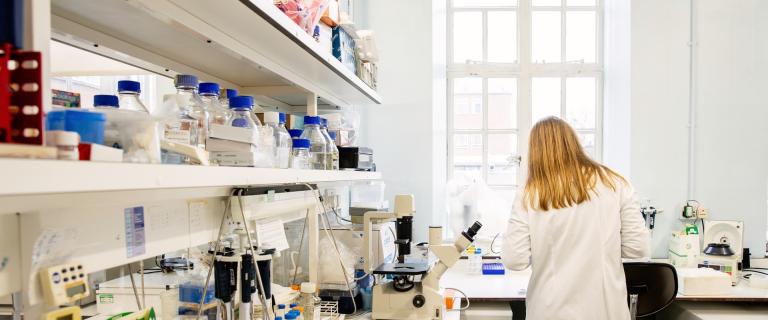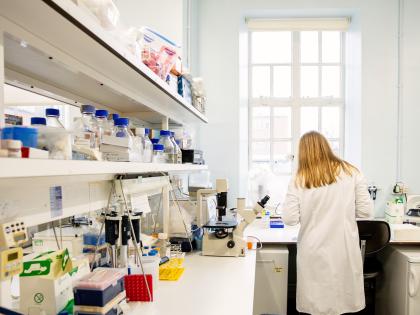
School of Clinical Medicine
A first class scientific approach to medicine. Helping you to develop excellence in good medical practice.
Postgraduate study
We have a dynamic and vibrant postgraduate community. We offer a wide range of research and taught postgraduate courses, including:
- research only
- research with taught elements
- higher doctorates
- higher degrees by special regulations
- master's
Research excellence and integrity
Our aim is to conduct internationally excellent research that is:
- peer reviewed
- clinical and translational
- diverse
- relates to a range of medical conditions and treatments
Learn with us
Find out how you can study with us - undergraduate, postgraduate or clinical academic training

Discover our new taught MPhils for October 2025
New master's degrees: Stem Cell Medicine, Translating Devices and Advanced Therapies Research and Foundations of Clinical Psychology.

Find a course
Choose from a range of undergraduate and postgraduate courses in primary, community-based or hospital care.

Explore Clinical Academic Training
Develop your academic research skills with our specialised programmes, fellowships and lectureships.
